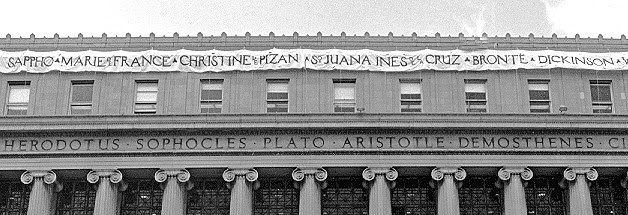This month, we’re featuring two authors with new poems from Guatemala and Greece.

It is a pleasure to help introduce to English-language audiences the poems of the ecologically astute, spiritually aware, refreshingly human contemporary K’iche’-Mayan poet Humberto Ak’abal. Well-known and appreciated throughout Europe, South and Latin America, Ak’abal’s work has not yet been made widely available in English. Deeply rooted in the earth and the richness of shared mythologies—ancient and modern, oral and inscriptive, concrete and transcendent—Ak’abal’s poetry is most relevant to our current literary community in its clarity, wisdom, and mystery. While visceral and closely attuned to nature, Ak’abal’s work is at once synergistic and ideographic.
Described by Haroldo DeCampos as a practitioner of “the poetic art of counter-conquest,” Ak’abal begins with his native K’iche’ Maya language, and to quote DeCampos, “enfolds the Spanish language, conquering it with the telluric magic of that idiom enchanted by its umbilical contiguity with the reign of nature.” While the metaphor is apt, there is something about Ak’abal’s verse that indicates a poetic force which transcends the violent cycle of attack and counter-attack. Ak’abal’s aesthetic may be not so much post-capitalist as post-everything. That is, post-everything that would in any way attempt to abstract or further distance humankind from the spirit of the earth and all other living things.
—Loren Goodman, translator
to other towns
behind their eyes.
while they are giving birth.
Now it’s the other way around.
Humberto Ak’abal was born in Momostenango, Guatemala in 1952. He is a Guatemalan poet of K’iche’ Maya ethnicity. He concieves and writes his poems in the K’iché language and translates them himself into Spanish. One of the most well known Guatemalan poets in Europe and South America, his works have been translated into French, English, German, Italian, Portuguese, Hebrew, Arabic, Scottish, Hungarian and Estonian. He is the author of nineteen books of poetry and several other collections of short stories and essays. Ak’abal has received numerous awards and honors, including the Golden Quetzal granted by the Association of Guatemalan Journalists in 1993, and the International Blaise Cendrars Prize for Poetry from Switzerland in 1997. In 2005 he was named Chevalier of the Order of Arts and Letters by the French Ministry of Culture, and in 2006 was the recipient of a John Simon Guggenheim Fellowship.

Translated from the Greek by Karen Van Dyck
Haris Vlavianos has published ten collections of poetry, including most recently Vacation in Reality (2009), which won the Diavazo Poetry Prize, and Sonnets of Despair (2011), short-listed for the National Poetry Prize. The work published here is from A History of Western Philosophy in 100 Haiku. His latest book, Blood into Water: A Novel in Forty Five Acts, was published this year to critical acclaim.
Vlavianos has translated collections by John Ashbery, William Blake, Anne Carson, E.E. Cummings, T.S. Eliot, Carlo Goldoni, Zbigniew Herbert, Michael Longley, Fernando Pessoa, Ezra Pound, Wallace Stevens, and Walt Whitman. He is Professor of History and Politics at the American College of Greece, the editor of the influential literary journal Poetics and Poetry Editor at Patakis Publications.
His latest book, Blood into Water: A Novel in Forty Five acts, was published this year to great critical acclaim and was reviewed in the Times Literary Supplement. It has been already translated into English (by Jacob Moe) and German (by Torsten Israel).




